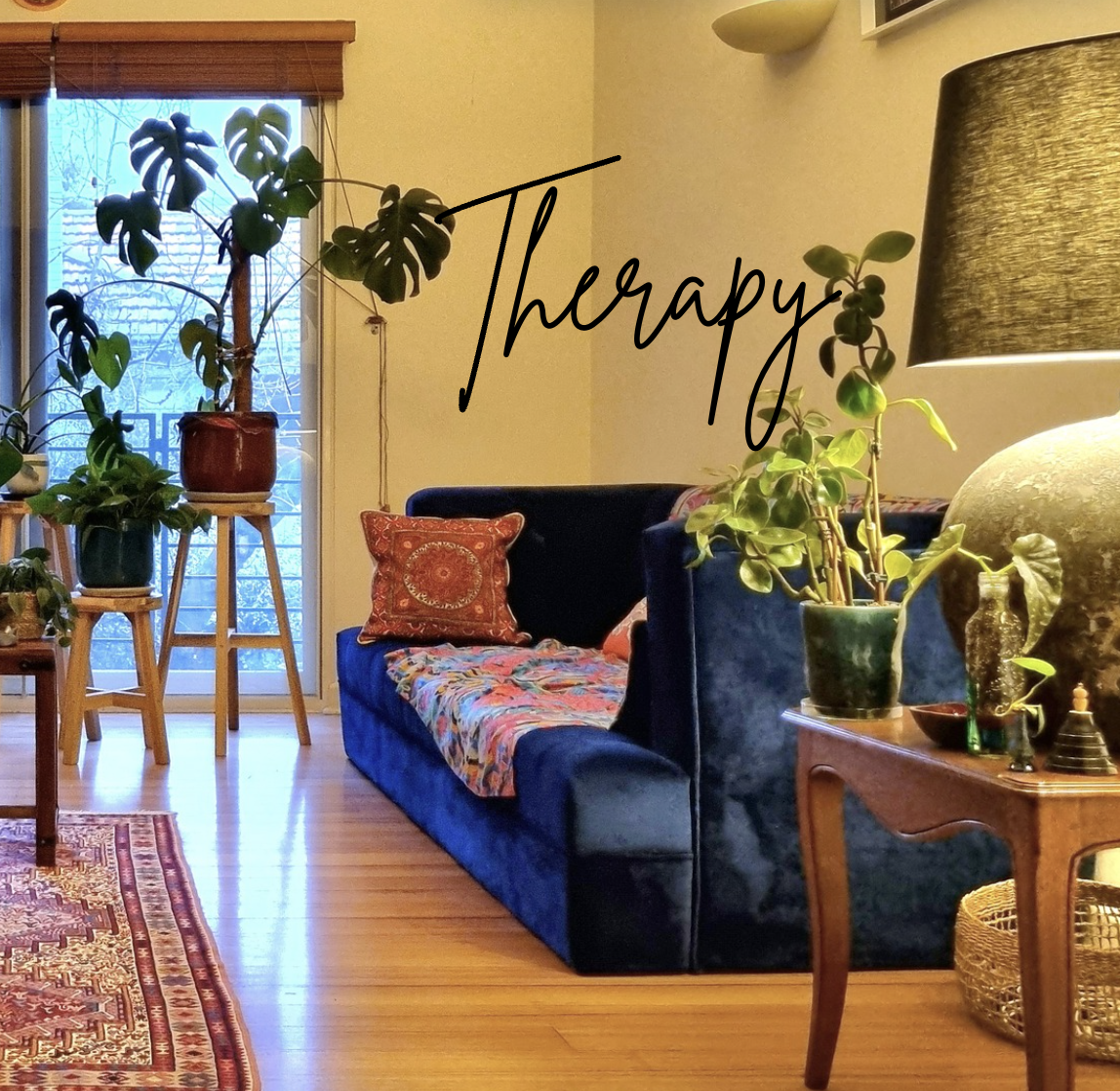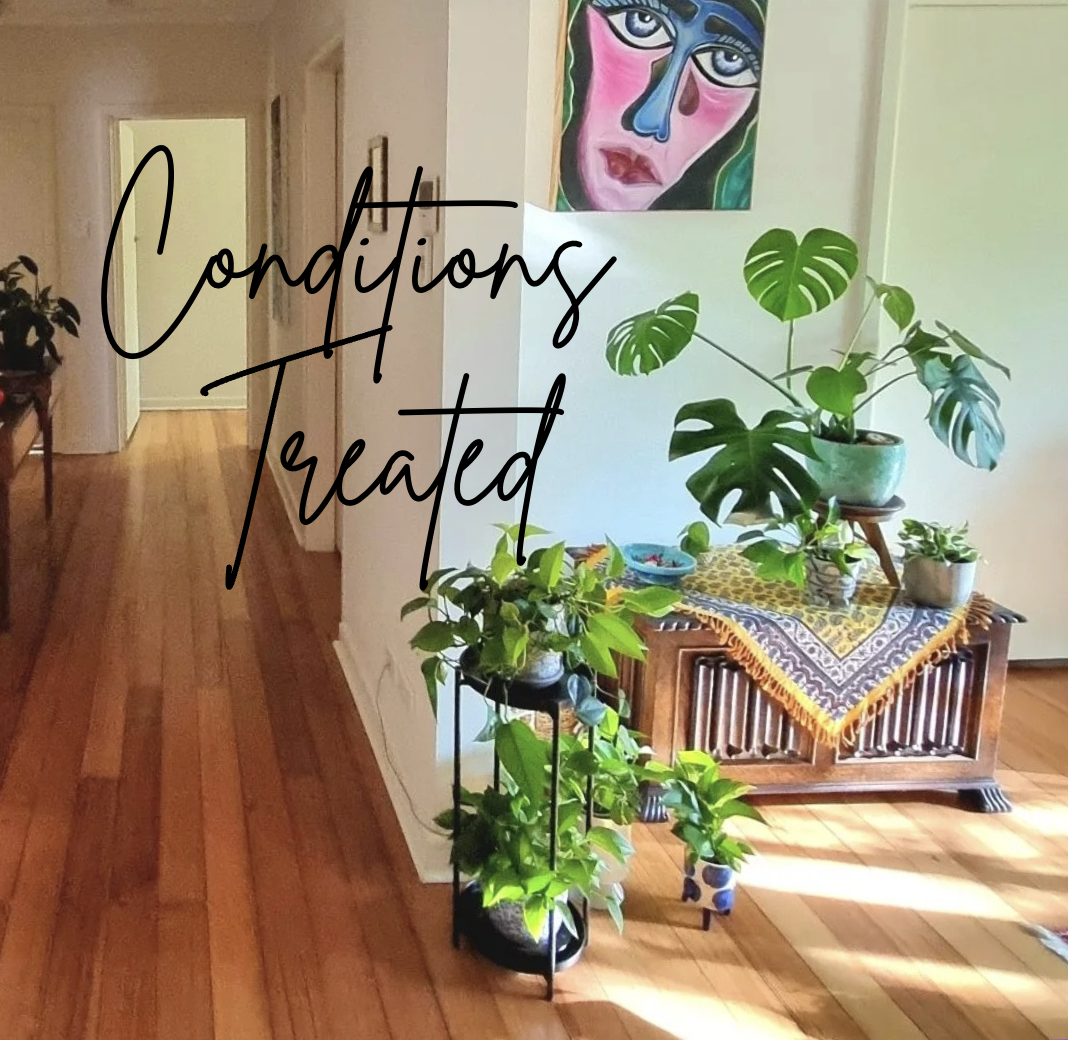Psychotherapy & Psychoanalysis Melbourne
I offer therapy and psychoanalysis in Melbourne, and online Australia-wide. I am a registered psychologist with further training in clinical psychoanalysis.
"The unconscious is structured like a language" - Jacques Lacan
Welcome to Bita Psychology: Psychotherapy
My name is Bita Riazati, a psychotherapist based in Melbourne, and I have many years of training, qualified as a consulting psychologist, with practice rooms in Hawthorn, Kew, and Belgrave. People come to sessions with me to talk about what may be troubling them, or about things that are initially very difficult to put into words. These issues can be all sorts of things to do with severe mental health concerns or existential concerns, sexuality, hard feelings, repeating issues, or workplace problems, or even parenting and children. I am very experienced in working across a range of issues and presentations, and I've had extensive training to treat people and their conditions.
My patients come to weekly sessions to speak, and through the act of us talking together — which is a different mode of listening and analysing because of my many years of training — not only may there be relief over time, but also hope for new questions, meanings, and openings.
My work enables what may not be immediately obvious to come into expression in sessions, creating the possibility for something different to be heard as we talk about change — and change is what we always talk together about, to see what can come from this work together next. This is both rewarding, surprising, and difficult to name at times. I work with you to find names for difficult experiences, and part with painful experiences by speaking about them. Each session is containing, and safe to talk about whatever is on your mind.
Some patients experience difficulties that are intertwined with intense feelings and painful thoughts — sometimes involving love or challenges in relating to their partners. The father of psychotherapy, Freud, said that love underpins all of our human interactions. Indeed, science has shown us that love is very much about our beings, serving as the core force in everyday relationships — whether romantic, to do with family, children, or work-related. Yes, for example, how we choose what we love to do, which may be masked by unconscious choices given to us — things we have inherited from society, culture, family — and it also plays a role in therapy when we talk about them, to see what and how these things control your everyday life.
People often speak about difficulties that come with things they hold passionately, which sometimes become too much or even unbearable. Importantly, the way our parents and families loved us during childhood says something about how we react and relate to the things that are dear to us in adult relationships. These issues extend beyond personal bonds and control how we choose our jobs, interests, and even how we feel inside our bodies — bodies we did not choose but, nevertheless, may have meanings. And these meanings unfold in therapy.
Essentially, our thoughts, dreams, and ways of relating — lived outside of conscious awareness — reveal something about our suffering and desires. We listen to these together and see what we want to keep, and what we separate from.
The difference between human beings and animals is that we have language to communicate — this is something that animals do not have. Humans seek satisfaction through creating bonds and talking. However, conversations with friends, although social, can sometimes make us feel overwhelmed or even misunderstood.
In therapy, we have a different kind of conversation, which my many years of training in listening and analysing enables. Some people confuse speaking and being listened to — to learn something new about themselves — with understanding. But understanding is often what leads to more confusion about the next steps we want to take in our lives.
In my work, there is an opening, a space, and I will be asking you many questions to see clearly the issues you want to work on. This space, and what you say in it, may even surprise you at times.
In our sessions, I am here to listen — but this listening is different from the listening of friends and family members. I am trained to listen without imposing my own imaginations or interpretations. In the initial sessions, we aim at seeing something about the areas that are troubling. This may feel difficult at times, to speak in this way, but this speaking is not without reward. There is relief, which comes from learning something new — this release from, a loosening of, ties that are controlling you to do the next important thing, with oscillations between the two: to do or not to do. The changes are what we talk through from one session to the next. We'll commence with a first session to make this work, work! and to get you moving. Go ahead and book a session.
We Book Our First Session..
I have a time available and will give you a time when you call to book an appointment. I prefer that you request an initial session through the booking form, which allows me to call you back as soon as possible between patients.
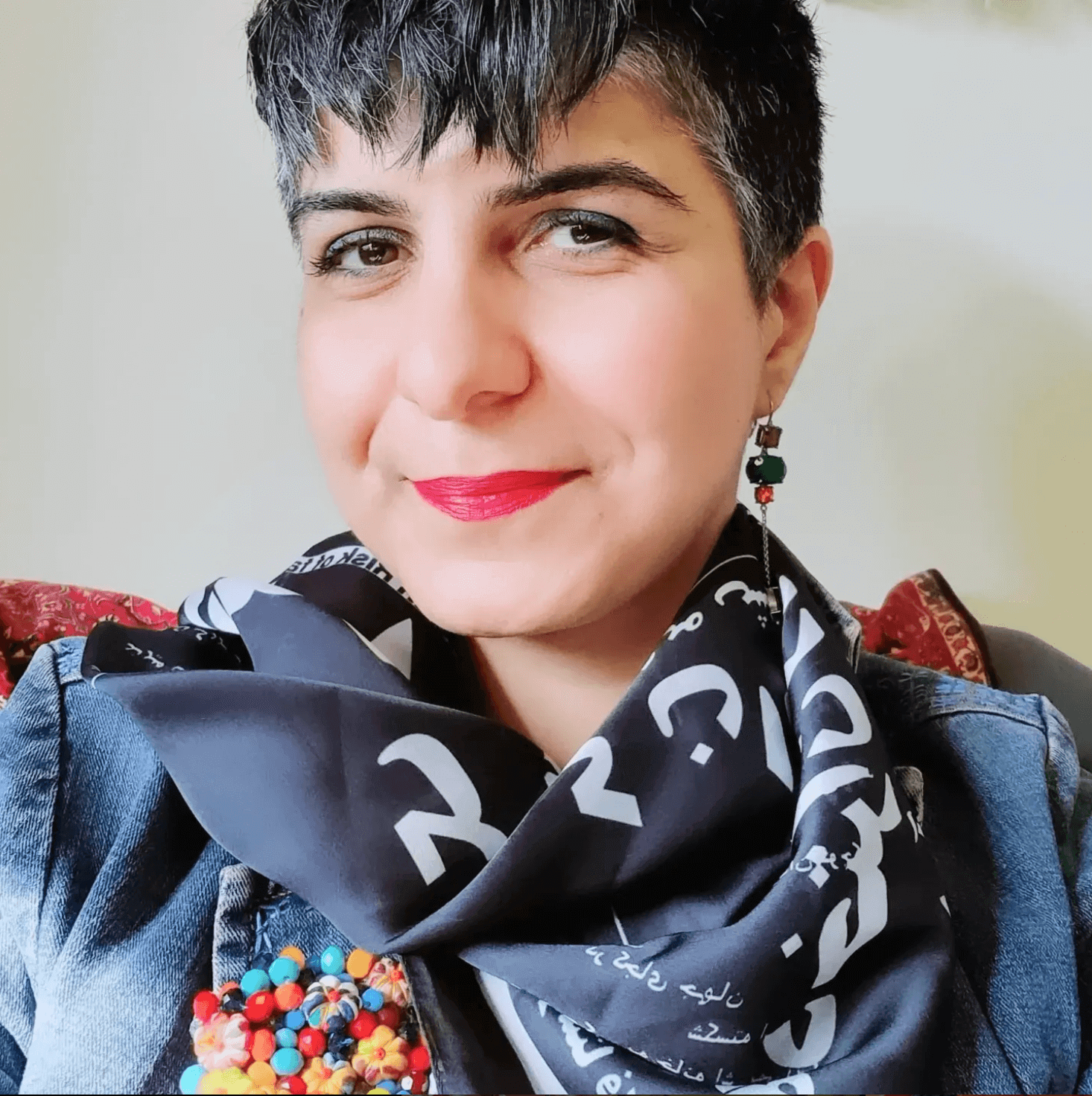
Training & Connections
- Qualified Consulting Psychologist
- Board-Approved Supervisor - for training psychologists or therapists
- Member of Australian Psychological Society (MAPS, APS)
- Member of Colorado Analytic Forum (IF-EPFCL School)
- International Member of Lacan/UK
- Member of The Association For Psychosocial Studies
Therapy for People Suffering with Disorders, Difficulties and Conditions
This psychotherapy method transcends reductionist ways, it means we analyse and approach your difficulty in a singular way, rather than reducing your suffering to labels found on Google. The difference is made when we talk, and this particular speech fosters movement in therapy through the very act of speaking. Sometimes I may intervene, highlight, ask questions, many, many questions to see together these constructions that make too much sense, and yet, those very sensical constructions hinder our ability to see clearly. This rare but necessary process of working with the difficult things including dreams, metaphors, and the narratives you've made to describe yourself is just the beginning of opening a path to see something together about possible change.
As an experienced psychotherapist in Melbourne, people often reach out to me when other therapies haven’t provided the relief they seek, feeling that their difficulty and suffering require a different approach. Psychoanalysis is an effective therapeutic method to treat a range of conditions, concerns and disorders.
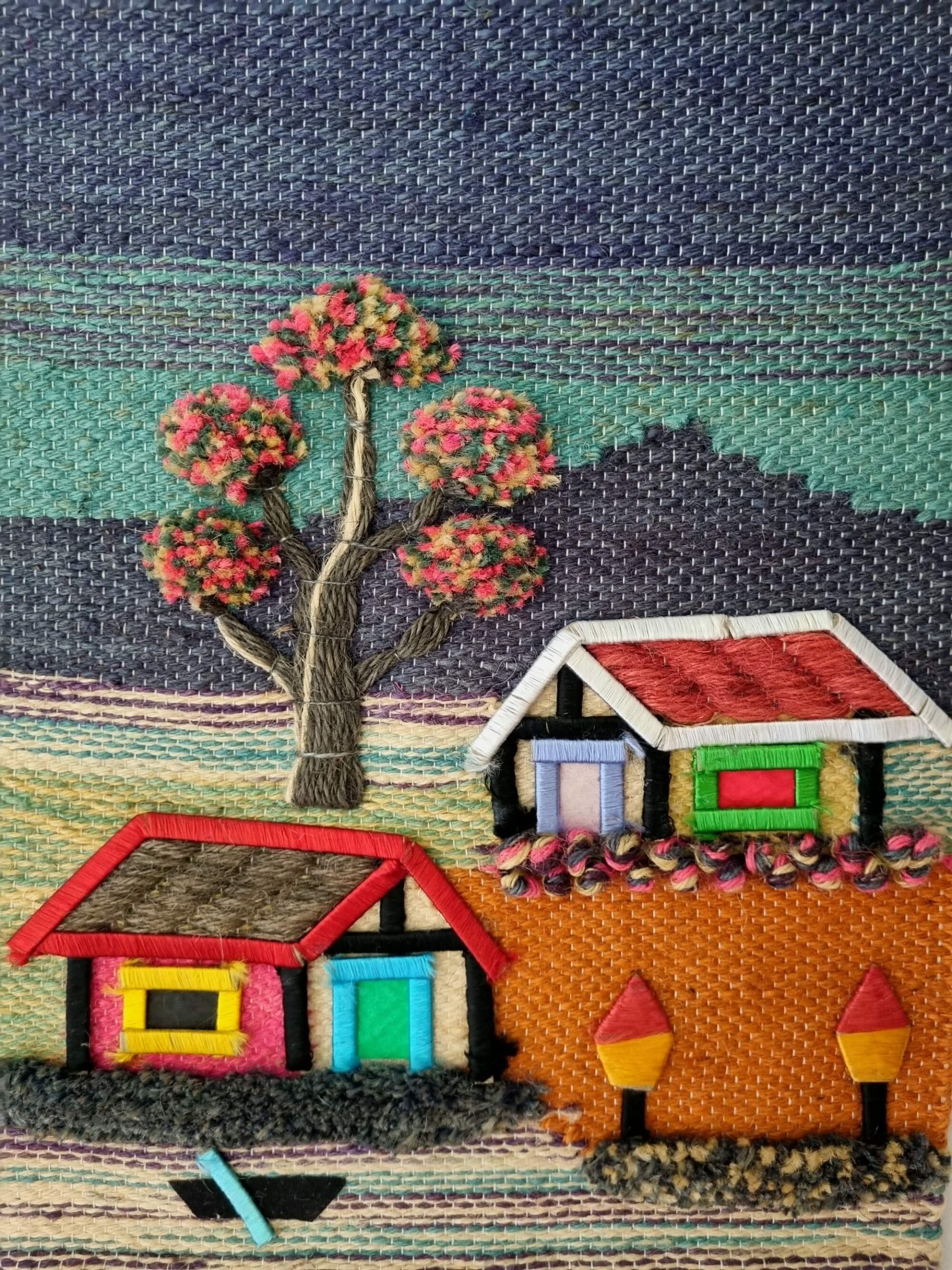
I treat people and my training enables therapy for a wide range of difficulties, and disorders for which people may or may not have diagnosis:
- Relationships, Anxiety, Depression, ADHD, attention problems
- Addictions and alcohol
- Depression, grief & sadness
- Anxiety, shame, trauma & guilt
- Obsessions, Compulsions
- Children, parenting
- Sexuality, romantic relationships
- Bipolar disorder, identity and personality problems
We May Think Some More About...
- Our Therapy Session
- Who This Work is Suited To
- How We Make This Work
- We Begin
Our Therapy Sessions
In therapy sessions, and conversations take place in sessions, we seek to open the richness of this body of speech, representing it in a way that invites engagement through desire (dialogue) rather than judgment. This approach transcends reductionist methods, mere labels, and facilitating movement in the therapeutic experience and change in therapy.Who This Work is Suited To
Those I work with in treatment, often want control over important things that have long occupied their thoughts and lives. Things that repeat without knowing why, and why they do what they do, for example ending up in the relationships that are a source of hurt, over and over. This is urgent, sometimes complex, difficult to talk about, and even painful, grief experiences that happen in one's life. These although distressing, often remain impossible to speak about for us. I have the know how from my training, to make us work on the impossibilities in our sessions.How We Make This Work
My therapy method is from my many many years of training, and you may talk about the effects of the loved ones and what they said to you, which now are woven into your being: who you admire or despise, love or idealise? envy or aspire to be? Through speaking freely (free association) distinct threads begin to surface. As we follow these threads, they reveal the core things that make who you have become, the subtle pull and push. And by giving this time inside our booked session, we begin to loosen and untangle these threads to find this freedom until the next session where we talk some more.. and there is a little space opening ...We Begin
This mode of work which is a conversation, a special kind of conversation, is a shared commitment between two. I have the training to create a foundation for this, with regular sessions to hold our regular speaking, to enable the continuity of this opening which before was closed by anxiety, lots of anxiety, depression and pain. It's normal that patients begin with one or two sessions weekly, gradually moving to three and four as this unfolds. Initially we begin with one session, as these initial sessions set our rhythm for new thoughts to come. Once we book this time, it becomes the dedicated place in which our therapy time unfolds week to week.Psychoanalysis Melbourne & Psychotherapy Blog
A Straightforward Blog on Psychoanalysis in Melbourne, Anxiety, Identity and Relationships.
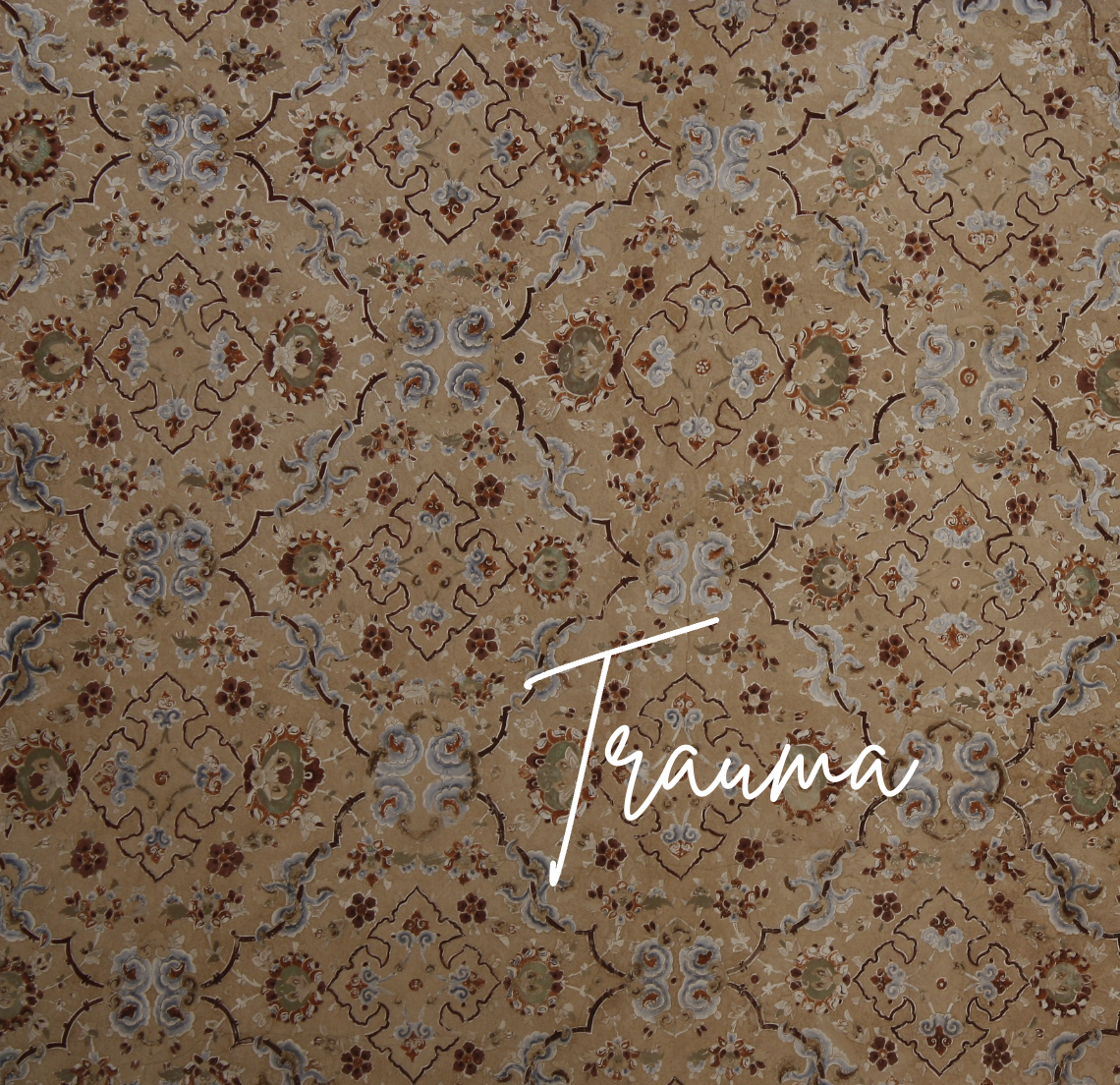
Feb 7, 2025
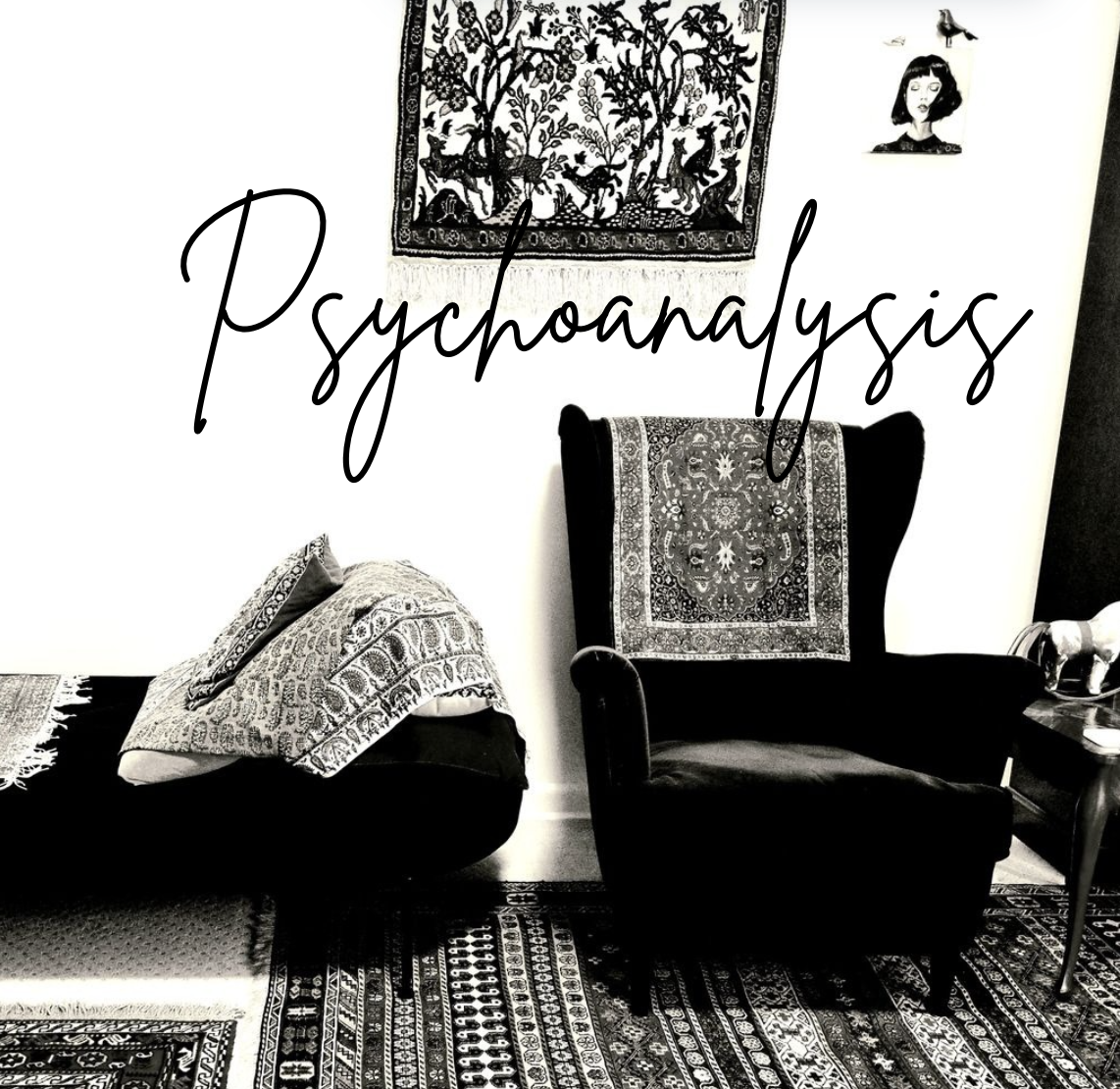
Oct 12, 2024
Jan 20, 2025

Jul 05, 2024

Feb 22, 2024
